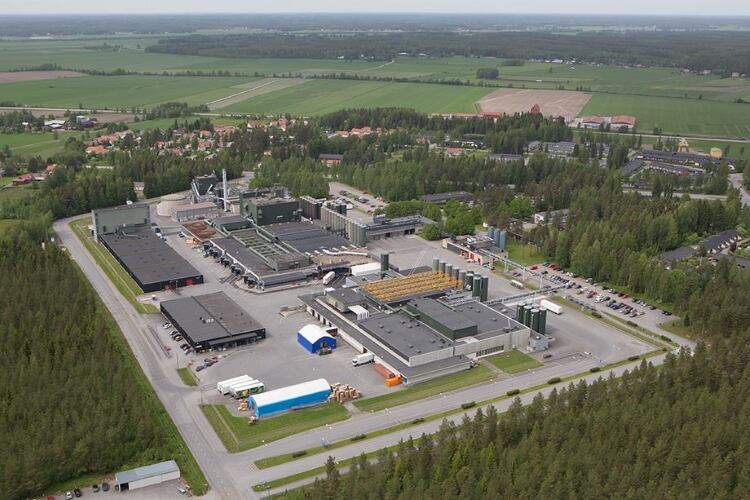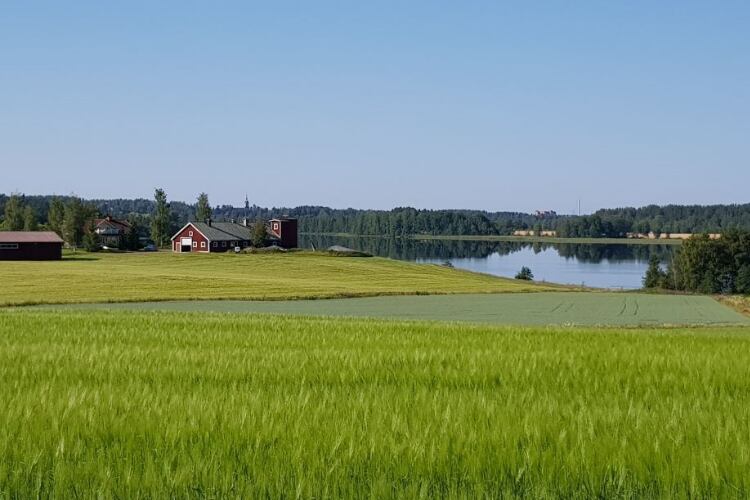This summer, Valio said, it made three trades to help reduce usage of fossil fuels.
Adven Oy operates energy facilities at Valio plants all around Finland. The partnership at Seinäjoki is expanding, as Valio responds to growing energy requirements with a new four-megawatt boiler facility. It will burn wood-based biofuels sourced in the region.
The new boiler facility will also serve as a replacement for peat.
The contract at Pitäjänmäki is being renewed with a new two-megawatt bioenergy plant being constructed by the juice plant. The juice plant has, to date, produced energy on natural gas. Its new boiler facility will use biopellets as fuel.
Seinäjoki’s CO2 emissions will be cut by roughly 15,000 tonnes and Pitäjänmäki’s by 2,200 tonnes per year. The share of renewable fuels in Valio’s heat production in Finland was nearly 50% in 2018, and more than 80% of the fuels used are domestic. In the future, the share of renewable fuels in Finland will be closer to 60%.
In addition to the boiler facility projects, Valio will be buying some energy as wind power. This covers roughly 20% of Valio’s energy usage.
Valio plants manufacture thousands of tonnes of different products every day. Different production stages require energy, i.e. power and heat.
Energy manager, Peter Fabritius, said, “We use power to run pumps and fans as well as to generate mechanical force – to run our machines. Most of the power is needed for cooling and cold storage.
“Heat, on the other hand, is used to cook cheeses and drying milk powder with hot steam, for instance. Milk pasteurising requires first heat, and then cold immediately after. When yogurt production switches from strawberry to banana, the pipes must be washed, and energy is needed to heat the water. Keeping our facilities warm and lit also takes energy.”
Renewable fuels reduce emissions
Energy production generates emissions, and emission quality and volume depends on the fuel used in energy production.
Fabritius said, “One of our larger goals is to stop using fossil fuels altogether. Currently, we still produce energy through burning, but one day, we may be in a situation where all our energy is made on carbon dioxide-free electricity. It could be said we are in a kind of transition. Our juice plant is replacing natural gas and Seinäjoki is putting away oil and peat. In the future, we will strive to reduce peat use by replacing it with biofuels.”
The projects at Pitäjänmäki and Seinäjoki should be complete during 2020.
Reducing energy use
“In recent years, our work to reduce our energy usage has been good. That is not, however, enough, and we must look for new opportunities to improve our energy efficiency and reduce emissions,” he added.
Valio has reduced its use of fossil fuels by commissioning solid fuel boiler facilities at its plants. These solid fuel boilers use domestic solid fuels, such as woodchips, bark and peat, as well as various biomass-based side product fuels, such as sawdust.
Heat for Valio plants is produced at solid fuel boiler facilities for eight plants: Oulu, Haapavesi, Lapinlahti, Joensuu, Äänekoski, Seinäjoki, Jyväskylä and Riihimäki.
Valio said if there is other industry in the region that uses heat, it works with the other companies to source heat.
The Seinäjoki and Pitäjänmäki heat boilers will also have a steam battery, which is a large tank full of water, where the contents are kept at boiling point. Changing the pressure in the tank either vaporises or condenses the water, which allows Valio to change the steam volume quickly, which helps reduce the use of these solid fuel boilers and thus the use of auxiliary fuels. Seinäjoki and Pitäjänmäki both use gas diesel oil as fuel.




